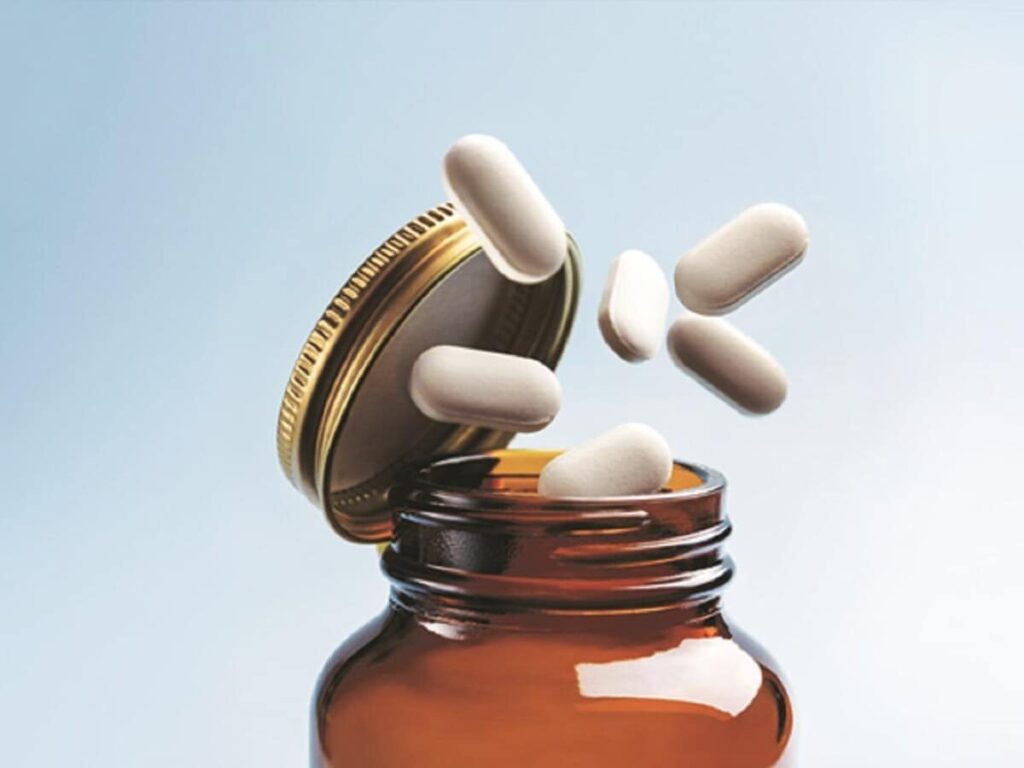MUMBAI: To simplify export procedures and enhance regulatory efficiency, the Drugs Controller General of India (DCGI) has announced overhauling the process of granting no-objection certificates (NOCs) in exporting unapproved drugs.
Previously, companies exporting drugs from India had to apply for a customer- and quantity-specific NOC each time they received an order.
Under the new system, the DCGI will grant a blanket NOC based on a company’s history of exporting the drug over the past one year as long as the drug is approved in the importing country.
The NOC will not be tied to the client or importer but will be product- and country-specific, reducing the number of NOCs issued from approximately 15,000 annually to around 5,000 or fewer.
The move will reduce the procedural burden on exporters.
Speaking on the sidelines of the Indian Pharmaceutical Alliance’s (IPA’s) Global Pharmaceutical Quality Summit, 2024, Rajeev Raghuvanshi, DCGI, stated: “We are simplifying the process while ensuring compliance. Now, companies need to submit the details of their customers and proof of regulatory approval once a year, instead of making multiple applications.”
This move is expected to streamline the export process while maintaining regulatory oversight.
The DCGI said revised guidelines for biosimilars would soon be released. The last update was in 2018, and the new framework aims to align Indian regulations with the latest global standards.
Additionally, the Central Drugs Standard Control Organisation (CDSCO) is in the process of drafting its first regulatory guidelines for cell and gene therapy, a sector governed by directives from the Department of Biotechnology (DBT) and the Indian Council of Medical Research (ICMR).
“We are developing a regulatory framework to guide the approval process for cell and gene therapies, ensuring clarity for applicants and alignment with global best practices,” Raghuvanshi stated.
The CDSCO has also intensified its inspection, with nearly 905 completed in the past two years. Recent events, including the Aveo case, have prompted the agency to closely monitor companies that have received NOCs to ensure compliance.
In response to concern about regulatory oversight in export markets, particularly in low- and middle-income countries (LMICs), Raghuvanshi emphasised the need for India to strengthen its support.
“Many LMICs rely on the regulatory systems of exporting countries,” he noted.
“We must ensure our system is robust to assist them.”
Raghuvanshi also detailed the progress of the digital regulatory platform, a ₹100 crore project aimed at integrating all regulatory stakeholders. “This platform will bring together state regulators, partner agencies like customs and GST, and manufacturers, creating a comprehensive database of the entire regulatory value chain,” he said.
The platform aims to map the supply chain, from approval to sale, providing a unified information source and will be operational in two years.
Raghuvanshi spoke of the need for internal scientific capacity building in the CDSCO.
“We are creating positions for evaluators and reviewers,” he said. “Our workforce is primarily trained for executing the law, not for in-depth scientific evaluation.”
This initiative aims to reduce reliance on subject expert committees (SECs) for all technical matters.
On SECs, Raghuvanshi said fresh deliberations would be allowed only if a company gave new information.
“We will not allow companies to repeatedly push the same content to SECs,” he asserted.
He indicated changes to test licences, particularly for imports of small quantities for testing and analysis were being considered, with further details to be announced in forthcoming regulations.
The DCGI’s announcements signal concerted efforts to modernise and strengthen India’s drug regulatory framework, ensuring both domestic safety and responsible export practices.
Source: Business Standard

 Reducing Fiscal Deficit To Around 3% Of GDP Difficult: Govt To IMF
Reducing Fiscal Deficit To Around 3% Of GDP Difficult: Govt To IMF 